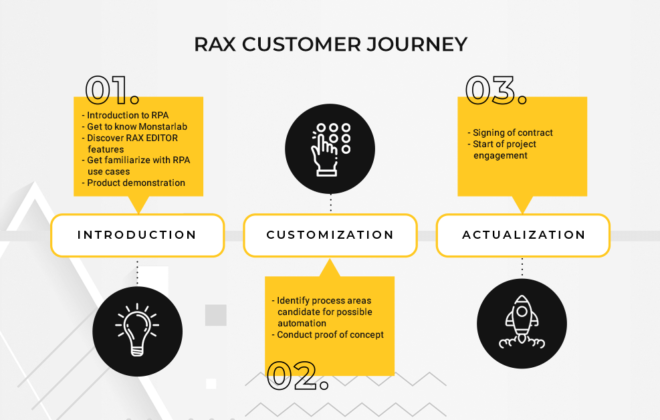Digital Transformation in this Trying Times
In the late quarter of 2019, a certain disease outbreak in Wuhan, China caught the attention of the world. Videos of people collapsing and photos of what seemed to be dead bodies on the streets circulated on the internet caused fear and panic to individuals from all corners of the world. It was believed to be caused by a certain virus brought by eating bats, to which reports have traced the source from a wet market in Hubei province in Wuhan.
Alarmed with the widespread epidemic, citizens from different nations urge their leaders to impose travel bans across countries, especially from China. However, it did not take long for the virus to spread across China’s neighboring countries like Singapore, Thailand, and the Philippines.
Now, COVID-19 coronavirus has become an unexpected pandemic that has leftover 95,000 recorded deaths (as of writing) globally.
COVID driving businesses to digital transformation
The rise of the reported cases and fatalities of COVID-19 did not only pose challenges to the medical sector and the government, but also to small and medium enterprises and even big corporations.
In a live webinar hosted by RPA Philippines for its series of #RPATalk, Ian Madrid of SP Madrid, discussed how businesses adapt digital transformation during challenging times.
“If you look at the backdrop of what’s happening right now, for the COVID-19 and I think everybody realizes it by now the entire supply chain is disrupted,” he said.
The nationwide lockdown limited the movement of ordinary workers, thus affecting production and transportation of goods and supplies.
As business owners try to make ends meet, they have to be quick to adapt to the available option that they have — and that’s going digital.
“I’m wearing two hats everyday; one is trying to make the business survive, in our own limited ways and in our own limited capabilities. But at the same time, we [business owners] are also trying to explore different ideas,” Ian said.
For instance, face-to-face meetings are more of a norm in business, but now, people are leveraging platforms such as Zoom and Skype to communicate with partners or employees.
Digital marketing and e-commerce has also been a trend for a long time now, but there are still old-fashioned businesses that prefer to do things manually. With this current situation, these businesses are prompted to have an online presence like in Facebook, in order to keep up with the demands and to keep the business relevant.
RPA and the future after COVID
While many businesses are still struggling to adapt to the digital transformation, others who are quick have begun foreseeing the great opportunities in the future.
Ian shared that he is already trying to reinvent the future.
“Basically, the person who will be the fastest to re-engineer and rebuild the future, basically will get the stake of the flame, so to speak,” he said.
Since the pandemic has affected the entire world, it has also affected global businesses. Thus, this opens a great opportunity for businesses, especially in software industries, to be able to provide a solution to a certain problem after the crises — not just locally, but across other countries.
“I am a true believer of robotic automation (RPA) and technology, and definitely they will be in the front line of doing major part and majority of the work as we know right now,” Ian said.
In fact, healthcare providers have turned to RPA to accelerate critical processes performed by frontliners, eliminating some of the more-time consuming and monotonous tasks.
“Right now it’s all about moving forward and looking at the entire parameters, the entire situation, the new board game, the new rules and basically how we play it [challenges],” Ian said.
RPA Philippines, founded by Allan Tan, organizes monthly talks on RPA through #RPATalk – a regular meetup of the local RPA community.
Missed the #RPATalk webinar? Watch the recorded presentation here:





